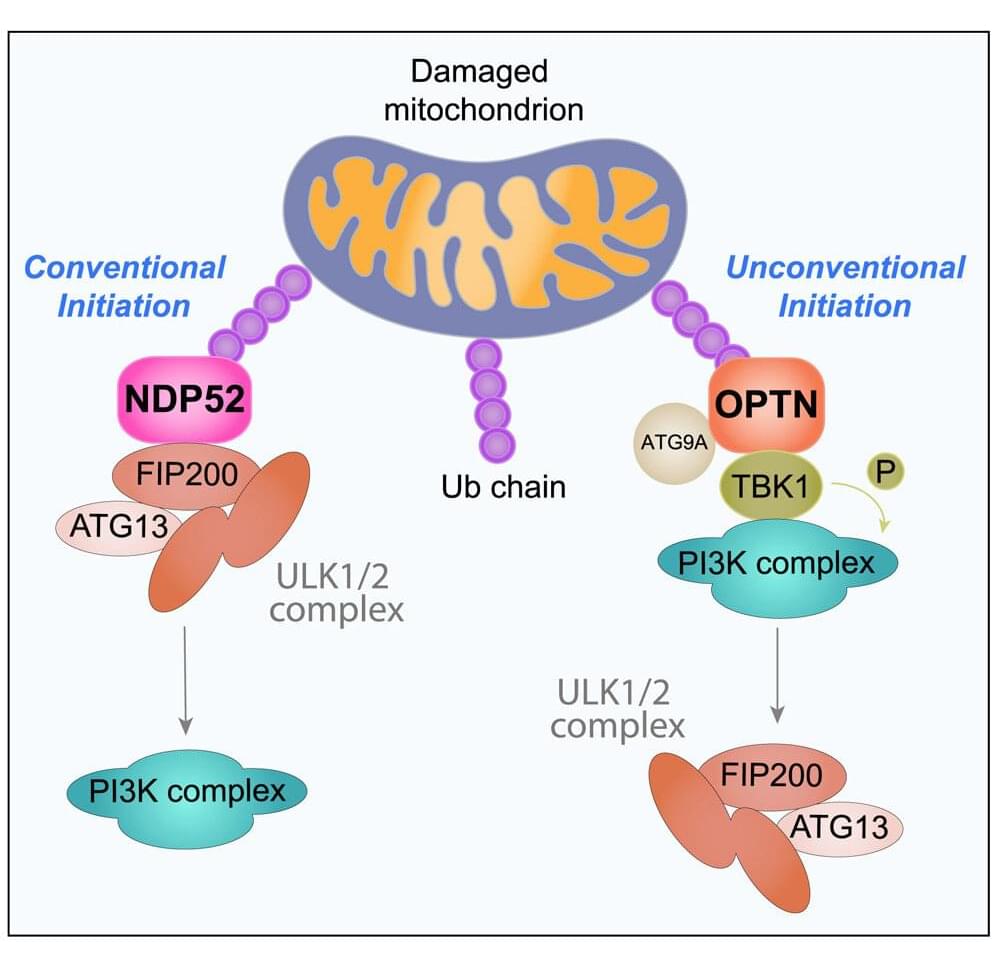While mitochondria play a crucial role in producing the energy our cells need to carry out their various functions, when damaged, they can have profound effects on cellular function and contribute to the development of various diseases.
Broken-down mitochondria are usually removed and recycled through a garbage disposal process known as “mitophagy.”
PINK1 and Parkin are two proteins vital to this process, responsible for “tagging” malfunctioning mitochondria for destruction. In Parkinson’s disease, mutations in these proteins can result in the accumulation of damaged mitochondria in the brain, which can lead to motor symptoms such as tremors, stiffness and difficulty with movement.
